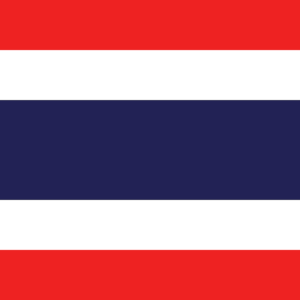Bangladesh has begun delivering long-awaited compensation to workers and families affected by workplace accidents in its export processing zones (EPZs), marking a historic step in strengthening social security for the country’s export-oriented industries. The first beneficiaries of the pilot Employment Injury Scheme (EIS)—two families of deceased workers and one worker with a permanent disability—have officially been notified of their compensation awards.
The milestone comes six months after the Bangladesh Export Processing Zone Authority (BEPZA) signed an agreement with the International Labour Organization (ILO) and GIZ to extend the scheme to more than 500,000 workers across Bangladesh’s eight EPZs. At a ceremony on 14 September 2025, BEPZA Executive Chairman Major General Abul Kalam Mohammad Ziaur Rahman hailed the development as a “sustainable and humane framework for workplace injury protection,” underscoring the country’s commitment to supporting workers in their most vulnerable moments.
Among the first recipients is Khadija Khatun, a 29-year-old mother of two, whose husband died while repairing a cargo lift in a Dhaka EPZ factory. “I will buy a sewing machine with this support,” she said. “It will help me take care of my children after losing my husband.” In Chattogram, Sujana Das, who lost her husband in a factory accident, will use the compensation to ensure her nine-year-old daughter can continue her education despite her modest factory wages.
ILO Country Director Designate Max Tuñón emphasized the importance of the initiative, noting that while no financial support can replace a life, “timely compensation provides families with the stability they need to rebuild and continue their lives in dignity.”
Launched in June 2022 with contributions from international brands and technical assistance from the ILO and GIZ, the EIS pilot initially covered the ready-made garment sector before expanding in February 2025 to include garment, leather, and footwear factories in EPZs. Supported by the governments of the Netherlands, Germany, Canada, and the European Union, the scheme ensures that injured workers or their families receive compensation approved by an Endorsement Committee of BEPZA, investors, EPZ Workers’ Welfare Associations, the ILO, and GIZ, which meets monthly to review cases.
GIZ representative Dr. Michael Klode praised the partnership as a model for shared responsibility, calling it “a unique case of how the needs of Bangladesh connect with development partner thinking in future-oriented programming.”
The rollout of compensation payments represents a major breakthrough for worker protection in Bangladesh, setting a precedent for fair and timely support in one of the world’s most important manufacturing hubs.







